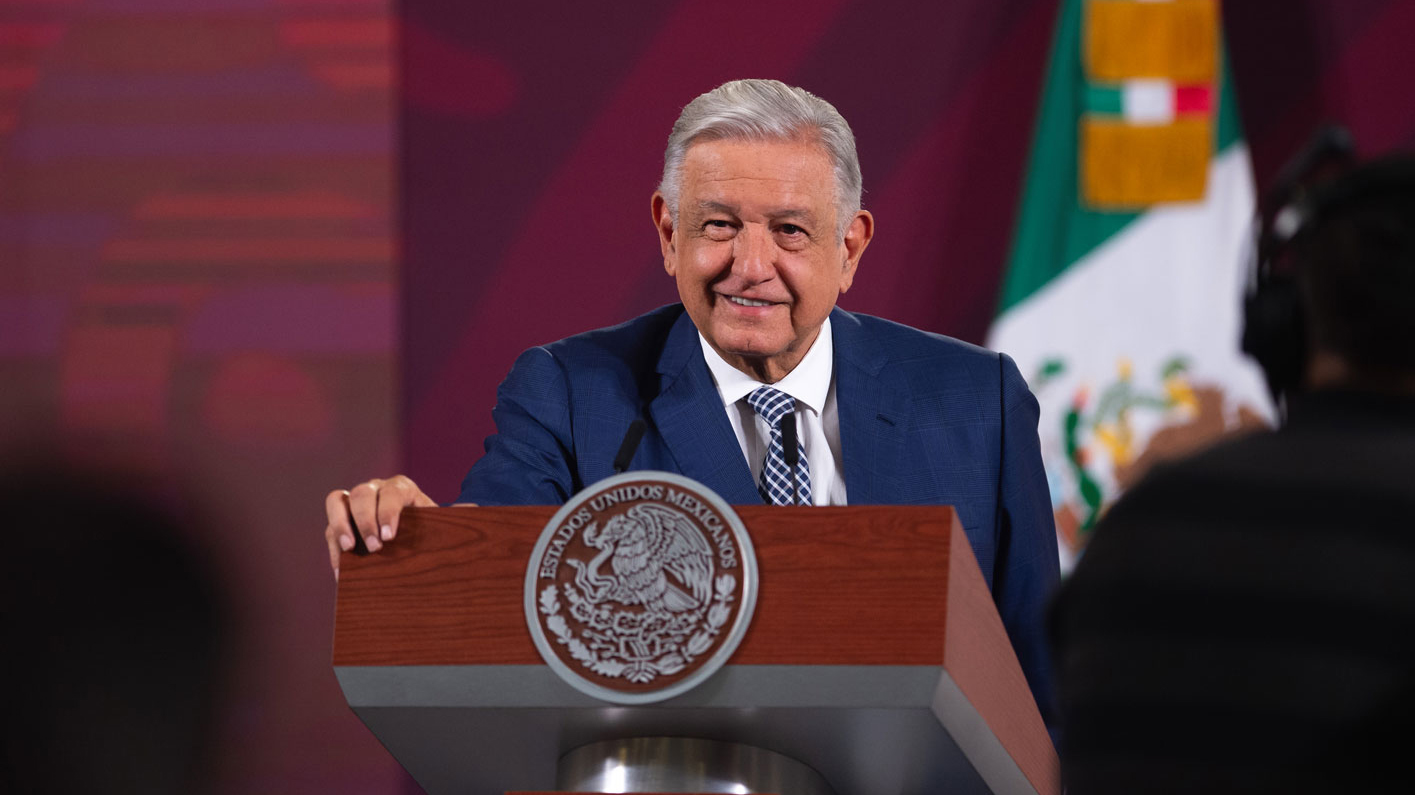On August 10, the Mexican National Council for the Evaluation of Social Development Policy (CONEVAL) released a report revealing that from 2018 to 2022, the poverty rate declined from 49.9% of the population below the poverty line to 43.5%. In Mexico, the income poverty line is measured as those earning below the monetary value of what is required to afford food and non-food necessities each month.
In these same four years, the “multidimensional poverty” level decreased from 41.9% to 36.3% of the total population. Multidimensional poverty is a unique metric used in Mexico to measure poverty not only in terms of income levels, but also in terms of the deprivation of social rights. According to CONEVAL, “in 2022, 36 out of every 100 people in Mexico presented at least one deprivation in their social rights and had a monthly income per person insufficient to acquire a food basket, as well as necessary goods and services.”
Extreme poverty (those too poor to afford enough food) saw a slight increase—from 7.0% in 2018 to 7.1% in 2022. However, extreme poverty levels still remain at historic lows in the context of the past 30 years.
According to the Associated Press, “it was unclear what was behind the reduction in poverty.” But some analysts say that this is an attempt to distract from Mexican President Andrés Manuel López Obrador’s clear anti-poverty measures. The AP is “seemingly ignoring the obvious fact that the decline coincides with the change in public policy implemented by his government,” writes journalist José Luis Granados Ceja.
AMLO’s administration has more than doubled the country’s minimum wage since taking office—from an equivalent of USD 4.50 in 2018 to USD 12 today. Unemployment levels have reached historic lows. Welfare programs for the people of Mexico have expanded with AMLO’s introduction of supplementary pension payments for the elderly and scholarship and apprenticeship programs for young people.
“Currently, at least 30 million households directly benefit from a Welfare Program or a portion, however small, of the national budget. And the remaining five million households that live in better conditions have also benefited, because our economic policy has improved the purchasing power of families and strengthened the domestic market,” AMLO declared at a massive rally in Zócalo square in July.
But bizarrely, the Associated Press undermines those welfare programs, writing that “because those programs are not means-tested—they are given to anyone who qualifies, regardless of income level—it is not clear whether they have particularly helped the poorest Mexicans.”
“AP also serves readers a big dose of neoliberal orthodoxy, there’s plenty of evidence backing the efficacy of universal programs,” writes Granados Ceja.
The AP also plays up the importance of monetary remittances sent to poor Mexicans from abroad, although as Mexican economist Gerardo Esquivel comments, remittances account for “relatively little” of the poverty reduction.
“Remittances represent just over 2% of household income,” he writes. “Of course, for those who receive them, that importance is much greater, but it could not explain these results.”





